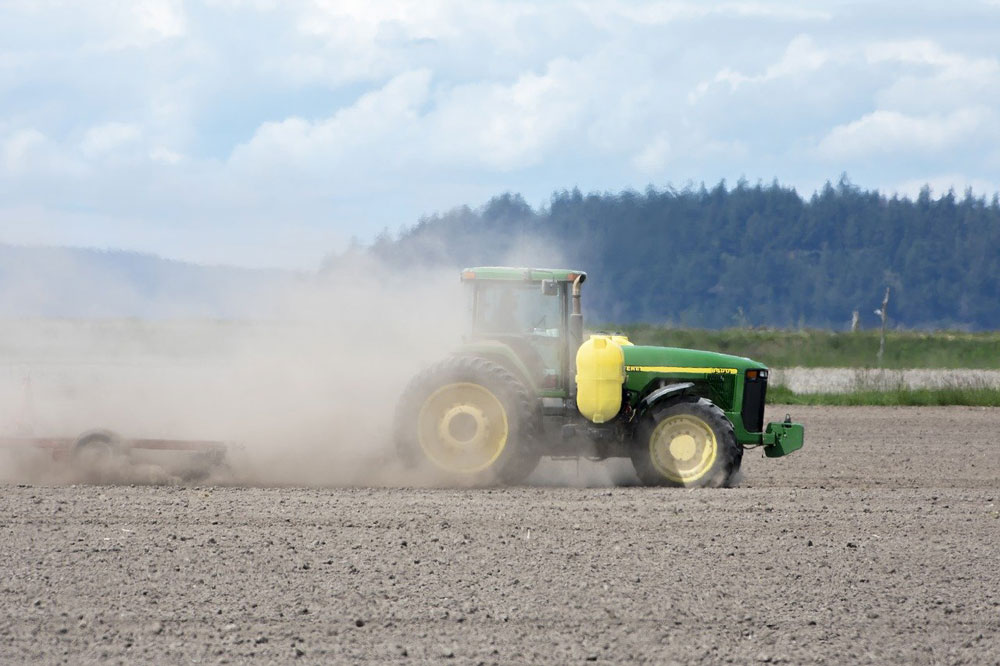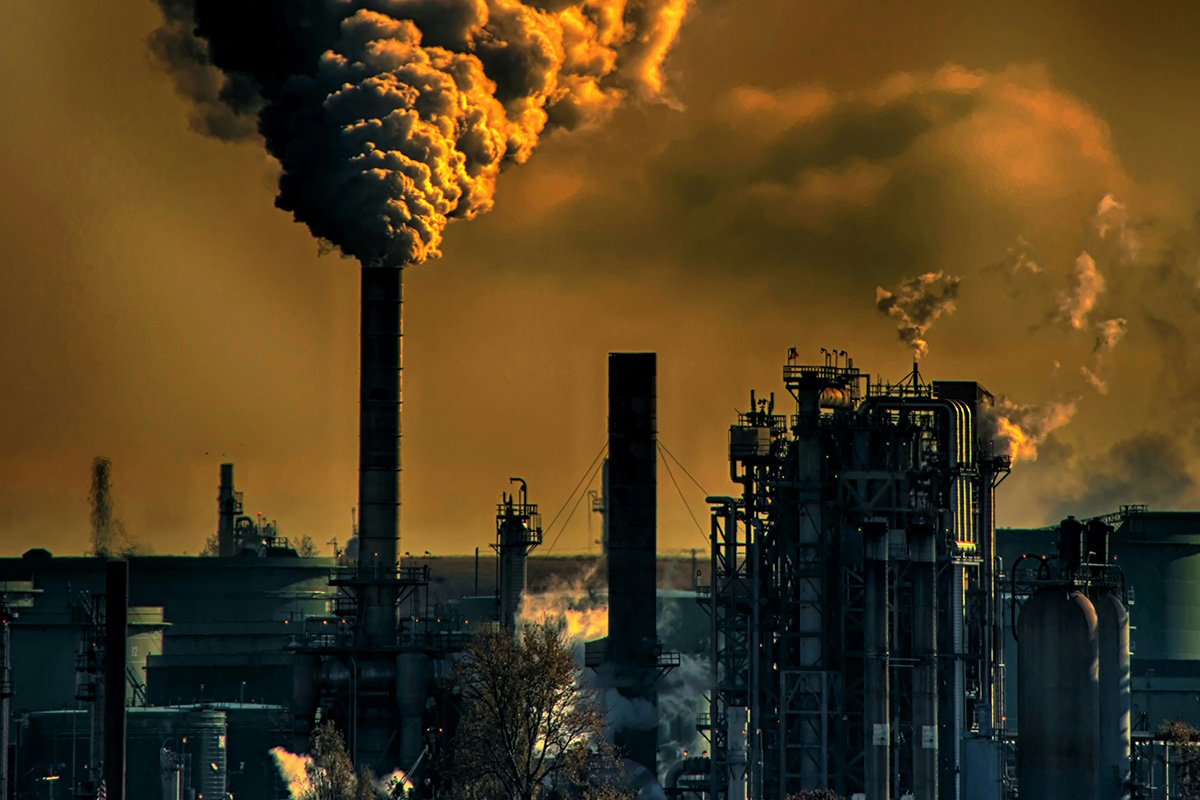
November 18, 2020; Inside Climate News
Over the past few decades, the agricultural sector has earned a reputation as one of the biggest forces driving climate change. But a recent alliance between the American Farm Bureau Federation (AFBF) and top environmental groups could be a major step toward averting the climate crisis.
The new group, called the Food and Agriculture Climate Alliance, brings together the AFBF, several environmental organizations like the Nature Conservancy and the Environmental Defense Fund, and organizations representing the interests of farmers and farmworkers, including the National Council of Farm Cooperatives and the National Farmers Union. Though some remain skeptical of big agriculture’s involvement in the group, many feel this unprecedented alliance is uniquely positioned to make progress in the urgent battle against climate change.
Part of what makes the alliance so historic is that it represents a significant pivot on the part of the AFBF. For years, the farming industry has not only been a major contributor to carbon emissions, soil degradation, and other factors that negatively impact the climate; it has also been a gathering space for climate deniers. The Farm Bureau’s policy book, a document created annually by bureau members, includes opposition to any policies that implicate the agricultural industry in climate change—as well as opposition to any regulations on greenhouse gas emissions. Given that the food system generates between 25 and 30 percent of the world’s greenhouse gas emissions, almost half of which is from agriculture, the bureau’s stance comes as no surprise. So, the question moving forward is what changed in order to bring the AFBF into the climate alliance, and whether their previous viewpoints will have a negative effect on policy decisions moving forward.
One factor that may have played a role in AFBF’s decision to join the alliance is the economic decline that the farming industry has seen over the past few years. The farmers who make up the bureau’s membership base are a conservative bloc, generally in favor of limiting regulation on environmental and economic policies that affect the agricultural sector. However, as changing weather patterns have indicated that climate scientists are right about the devastating effects global heating will wreak on the agricultural industry, some farmers are beginning to come around to the idea of working with climate experts if it means keeping their livelihood.
Sign up for our free newsletters
Subscribe to NPQ's newsletters to have our top stories delivered directly to your inbox.
By signing up, you agree to our privacy policy and terms of use, and to receive messages from NPQ and our partners.
“Every time there’s a disaster, we get a bailout,” noted Fred Meng, a corn and soybean farmer who attended the annual AFBF conference in January 2020. “But how does the public take this?” Convention attendees seemed interested in working to alleviate climate change if it means less damage to their farms and greater profits.
Elizabeth Gore, senior vice president for political affairs at the Environmental Defense Fund, notes that prioritizing the needs of farmers is part of what made the alliance possible. “Farmers are seeing the impact [of climate change] on their land, and regardless of what you want to call it or how you want it described, there’s an increased recognition that something’s happening and there needs to be some sort of response.” Several of the measures proposed by the alliance would have direct benefits for farmers, including a system of tax credits for farmers who can prove they are capturing carbon in their soil, and payouts for farmers who cut greenhouse gas emissions.
Yet for critics of the new alliance these measures simply don’t go far enough. Environmental advocates insist that while incentive-based programs might give farmers—and the environment—a short-term boost, real change is impossible without addressing the largescale industrial practices that have led to such dire climate conditions (like the use of synthetic fertilizers and concentrated animal feeding operations).
For climate optimists, however, getting farmers to take a seat at the climate change table is a good sign. Farmers and farmworkers are poised to be some of the hardest-hit by the extreme weather of climate change and its ensuing damage to the agricultural industry. But having the most at stake means that they are best poised to work on policies that will prioritize environmental health without leaving farming communities behind.—Tessa Crisman











